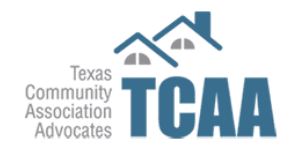Effective vendor management is vital for community associations to thrive, and choosing the right vendors takes careful assessment and due diligence to be sure their services align with the unique needs and values of the community.
Read on to explore the importance of vendor qualifications, reputation and experience, and learn how community association management can give your community the tools for informed decisions.
Step 1: Assessing Vendor Suitability
To determine the suitability of vendors for your community association, evaluate their capabilities and compatibility. Do their services align with your specific needs?
For example, if a community requires landscaping services, finding vendors experienced in maintaining and enhancing outdoor spaces would be necessary. You could examine the vendor’s expertise, range of services and past performance in similar projects or communities.
It’s also crucial to consider whether the vendor has experience working with community associations, as there can be unique requirements and dynamics.
Step 2: Evaluating Proposals
When evaluating proposals, consider factors beyond cost. Pricing is important but should be balanced against the value you get for it.
Carefully review proposal details — scope of work, deliverables, timelines — and additional terms and conditions. Say an association needs a vendor to upgrade their security systems. They should evaluate and compare each proposal by how well it aligns with their objectives, priorities and budget.
Step 3: Conducting Due Diligence
It’s critical to be sure vendors meet all legal, financial and ethical requirements. Request and review references to verify the vendor’s track record and reputation.
A community association considering a vendor for construction projects should investigate their previous clients and projects to assess their performance and reliability.
Also crucial: investigating the vendor’s financial stability, insurance coverage and relevant licenses and permits. Background checks and screening processes should be an automatic part of deciding on the suitability and reliability of potential vendors.
Step 4: Vendor Qualifications and Experience
Vendor qualifications and experience are significant factors in selecting the right partners for community associations. Associations should evaluate vendors based on their qualifications, certifications, and industry affiliations.
An HOA that requires a vendor to handle accounting services should look for credentials like Certified Public Accountant (CPA), or an affiliation with professional accounting organizations.
Considering the vendor’s experience working with similar communities or projects can offer further insights into their ability to meet your needs and navigate any unique challenges that may arise.
Step 5: Reputation and References
Assessing a vendor’s reputation and gathering references is crucial to understanding their reliability and customer satisfaction. Seek feedback from other homeowners associations or clients who have previously worked with the vendor.
Say a community association is considering a new vendor for landscaping services. They could reach out to neighboring communities who’ve used their services and ask for their opinion.
Online reviews, testimonials and industry ratings also provide valuable insight into a vendor’s strengths, weaknesses, and overall suitability for the community.
Let SBB Guide Your Association to Greater Heights
Choosing the right vendors is a critical aspect of effective vendor management. SBB Management understands the importance of finding the perfect vendors, and we’re here to help associations like yours make confident choices for their community’s success.
Looking for the perfect vendors to support your community association? Contact SBB Management today and let us help you find partners who align with your community’s unique needs and values. Together, let’s enhance the well-being of your neighborhood in Dallas and Houston, Texas.





